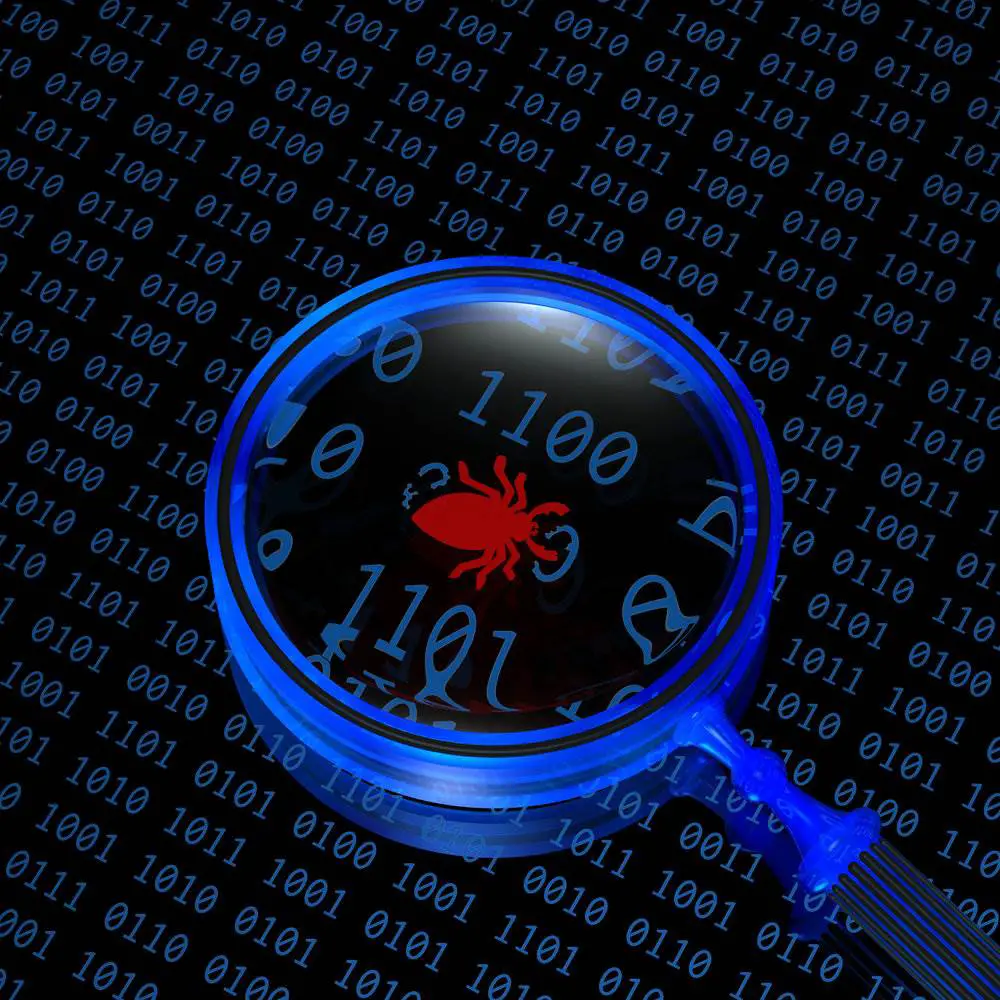
Linux Malware Detect (LMD) is a malware scanner for Linux released under the GNU GPLv2 license, that is designed around the threats faced in shared hosted environments. It uses threat data from network edge intrusion detection systems to extract malware that is actively being used in attacks and generates signatures for detection. In addition, threat data is also derived from user submissions with the LMD checkout feature and from malware community resources. The signatures that LMD uses are MD5 file hashes and HEX pattern matches, they are also easily exported to any number of detection tools such as ClamAV.
The driving force behind LMD is that there is currently limited availability of open source/restriction free tools for Linux systems that focus on malware detection and more important that get it right. Many of the AV products that perform malware detection on Linux have a very poor track record of detecting threats, especially those targeted at shared hosted environments.
The threat landscape in shared hosted environments is unique from that of the standard AV products detection suite in that they are detecting primarily OS level trojans, rootkits and traditional file-infecting viruses but missing the ever-increasing variety of malware on the user account level which serves as an attack platform.
Using the CYMRU malware hash registry, which provides malware detection data for 30 major AV packages, we can demonstrate this shortcoming in current threat detection. The following is an analysis of 8,882 MD5 hashes that ship in LMD 1.5 and the percentage of major AV products that currently detect the hashes.
Feature
- MD5 file hash detection for quick threat identification
- HEX based pattern matching for identifying threat variants
- statistical analysis component for detection of obfuscated threats (e.g: base64)
- integrated detection of ClamAV to use as scanner engine for improved performance
- integrated signature update feature with -u|–update
- integrated version update feature with -d|–update-ver
- scan-recent option to scan only files that have been added/changed in X days
- scan-all option for full path based scanning
- checkout option to upload suspected malware to rfxn.com for review/hashing
- full reporting system to view current and previous scan results
- quarantine queue that stores threats in a safe fashion with no permissions
- quarantine batching option to quarantine the results of a current or past scans
- quarantine restore option to restore files to the original path, owner and perms
- quarantine suspend account option to Cpanel suspend or shell revoke users
- cleaner rules to attempt removal of malware injected strings
- cleaner batching option to attempt cleaning of previous scan reports
- cleaner rules to remove base64 and gzinflate(base64 injected malware
- daily cron based scanning of all changes in the last 24h in user homedirs
- daily cron script compatible with stock RH style systems, Cpanel & Ensim
- kernel based inotify real-time file scanning of created/modified/moved files
- kernel inotify monitor that can take path data from STDIN or FILE
- kernel inotify monitor convenience feature to monitor system users
- kernel inotify monitor can be restricted to a configurable user HTML root
- kernel inotify monitor with dynamic sysctl limits for optimal performance
- kernel inotify alerting through daily and/or optional weekly reports
- HTTP upload scanning through the mod_security2 inspectFile hook
- e-mail alert reporting after every scan execution (manual & daily)
- path, extension and signature-based ignore options
- background scanner option for unattended scan operations
- verbose logging & output of all actions
Changelog v1.6.5
[Fix] monitor mode white space detection; issue #354
[Change] event_log/clamscan_log now record year in timestamp; issue #352
[Change] -p|–purge will now trim the inotify_log; issue #350
[New] -E|–dump-report to dump reports to stdout; pr #362
[Fix] monitor mode will now fail to start if ‘ed’ is not installed; issue #350
inotify_log requires in-place inode pruning to prevent exponential growth
[Fix] inotify kernel support on debian11 checking only System.map; pr #398
[Fix] human-readable path not displaying on -a|–scan-all default path scan (/home); #407
[Change] default scoped scan adjusted from /var/www/html to /var/www to make sure we scope all www content; #404
[Fix] compare md5 on ignore_sigs between monitor mode cycles and only regenerate signatures on file changes; #397
[New] add detect_control_panel function to files/internals/functions to determine installed control panel; pr #409
[New] add get_panel_contacts to files/internals/functions to discover contact emails; pr #409
[New] add configuration options for From, Subject, Reply-To headers on alert emails; pr #409
[New] add flag to enable these alerts (requires email_alert to be enabled as well); pr #409
[New] add internal configuration to set the user alert template location; pr #409
[New] add a base template that will be used to create emails to control panel contacts; pr #409
[Change] ambiguous restore error modified to include file name
[Fix] adjusted ftp.rfxn.com checkout credentials; #390
[Fix] systemd unit file not copying properly; #371, #413
Download
git clone https://github.com/rfxn/linux-malware-detect.git
cd linux-malware-detect
./install.sh
Copyright (C) 2002-2018, R-fx Networks <proj@r-fx.org>
Copyright (C) 2018, Ryan MacDonald <ryan@r-fx.org>